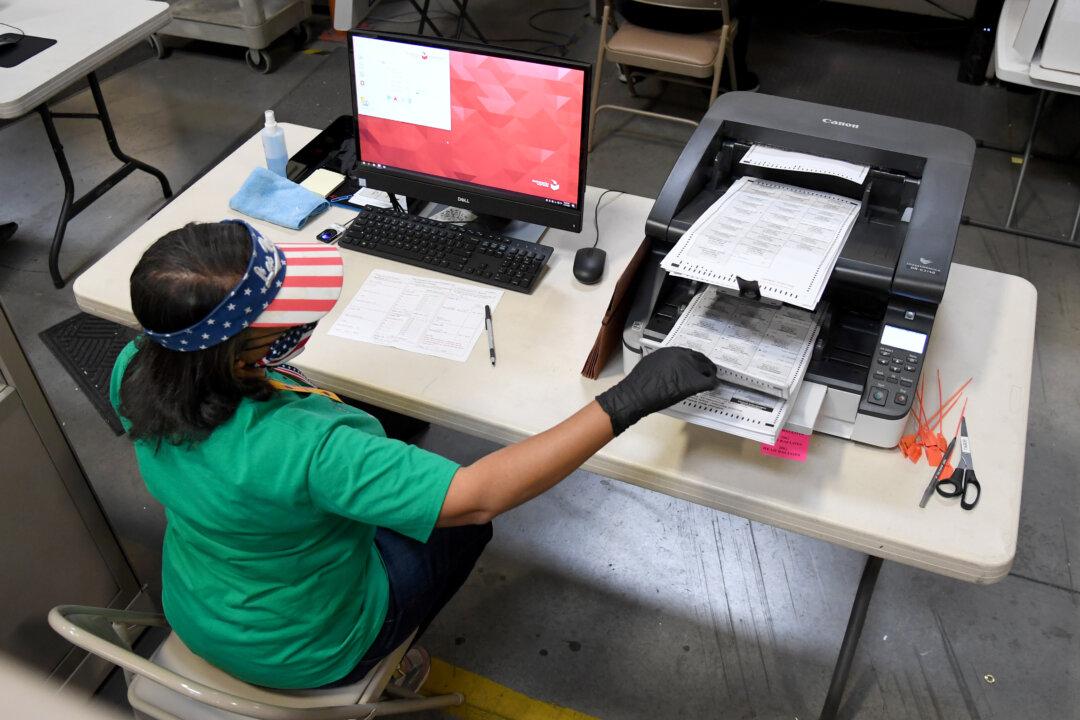Beijing was “substantially involved” in the U.S. 2020 elections on multiple levels, according to China analyst Gordon Chang, who has described the Chinese Communist Party’s (CCP) infiltration of American “elite” circles as an “espionage emergency.”
“I think China clearly interfered,” Chang, the author of “The Coming Collapse of China,” told NTD’s Focus Focus.





